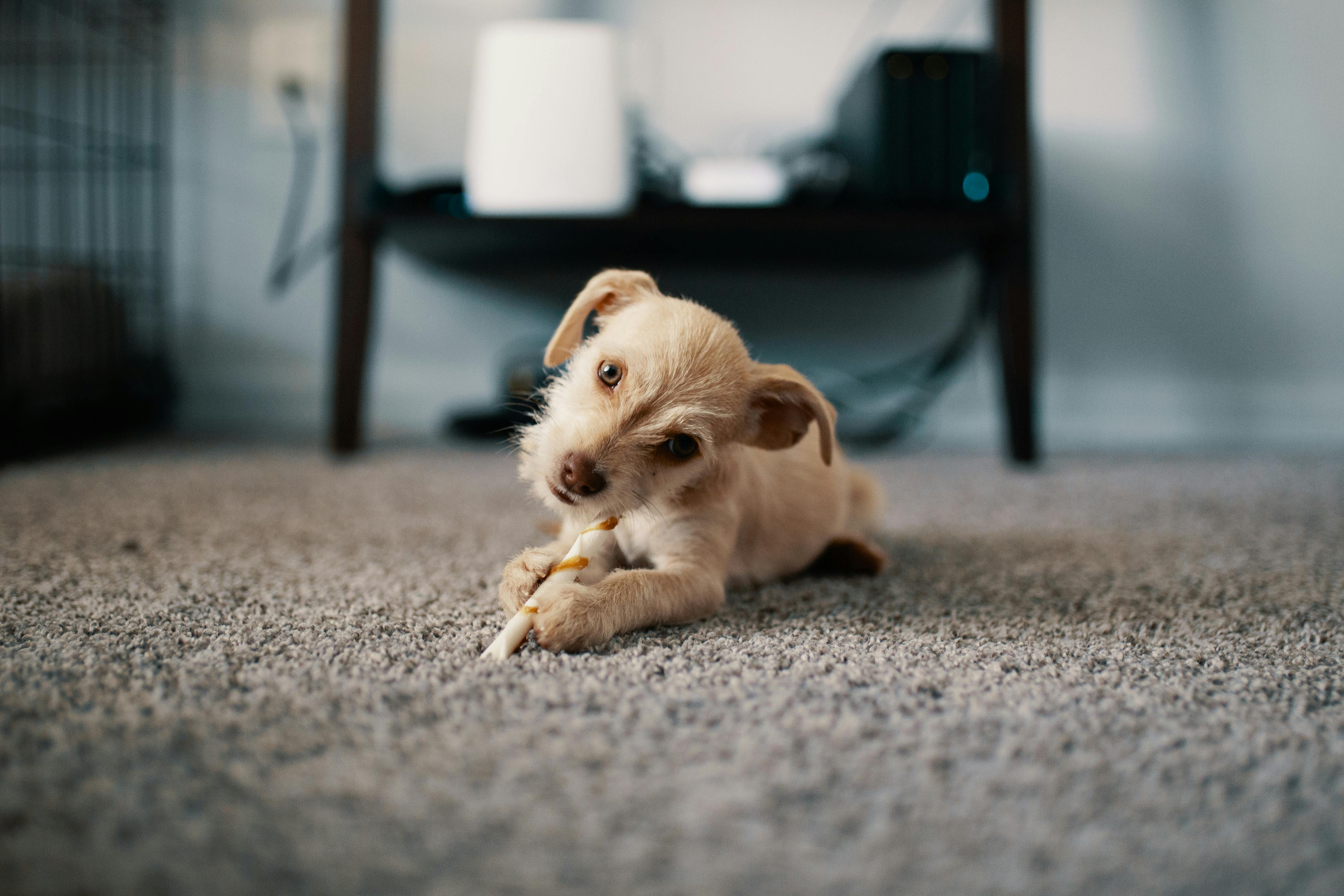
The day you bring a new puppy home to meet the family is an exciting time for everyone. Your newcomer will have 100% of your family’s attention. But once this little one settles in, it will become apparent that responsibility and puppyhood go hand in hand.
Understanding how to train your pup will be imperative. He will need to rely on you for guidance and leadership to help him adjust to his new home.
Your puppy’s behavior will reflect your training. Don’t be surprised when your pup acts like a puppy. He will bark, chew, dig, and various other items, which if not corrected, will continue.
This will be a slow process, which is imperative to understand. Patience and persistence will be a great virtue, especially if you are like me; one who truly cares and loves his pup to give her the best possible jump in life.
When you start training your puppy early and give him the opportunity to interact with other puppies, your puppy will likely mature into a well-mannered dog. During this process, your pup will require commitment and responsibility.
Instilling house training, puppy interaction, leash training, and obedience early on will help your puppy successfully adjust to your home.
One of the best ways to train your puppy is through positive encouragement. The day you bring your puppy home, start training him right then and there. Start by offering praise along with rewards when your pup gets the training right.
Try to focus on developing good habits and preventing bad habits your pup has. This will save him time later because he won’t have to go through undue years of learned bad behavior.
Being consistent in trying to create good clothes will go a long way in the long run. By starting with easier commands and being repetitive, you’ll have a foundation to build on for further training. Do not train for a long time as your little one will not be used to this type of exercise and may lose focus.
By gaining your puppy’s trust early on, you’ll find it easier and easier to train him because he’s not afraid of corrections or harsh punishment.
Over time, your pup will learn to love these training exercises. This is a good thing, because the more your pup likes to be trained, the more likely he is to be praised for doing the training correctly.
Being patient with your pup through training will only improve his chances of learning. Try to remember, he is new to this and doesn’t understand why he is trying to teach you to act a certain way. If you’re realistic and understand that training takes time and doing the same thing over and over again comes with the territory, you’ll have a better chance of growing.
Your puppy does not yet know the information that is going to be taught. He tries not to focus on his mistakes or shortcomings; rather focus on his successes and how far he has come since the first day you brought him home.
Remember that this part of your puppy’s life is very critical. As soon as his pup realizes that she is having as much fun as he is, he will develop a lasting bond that will last a long time.